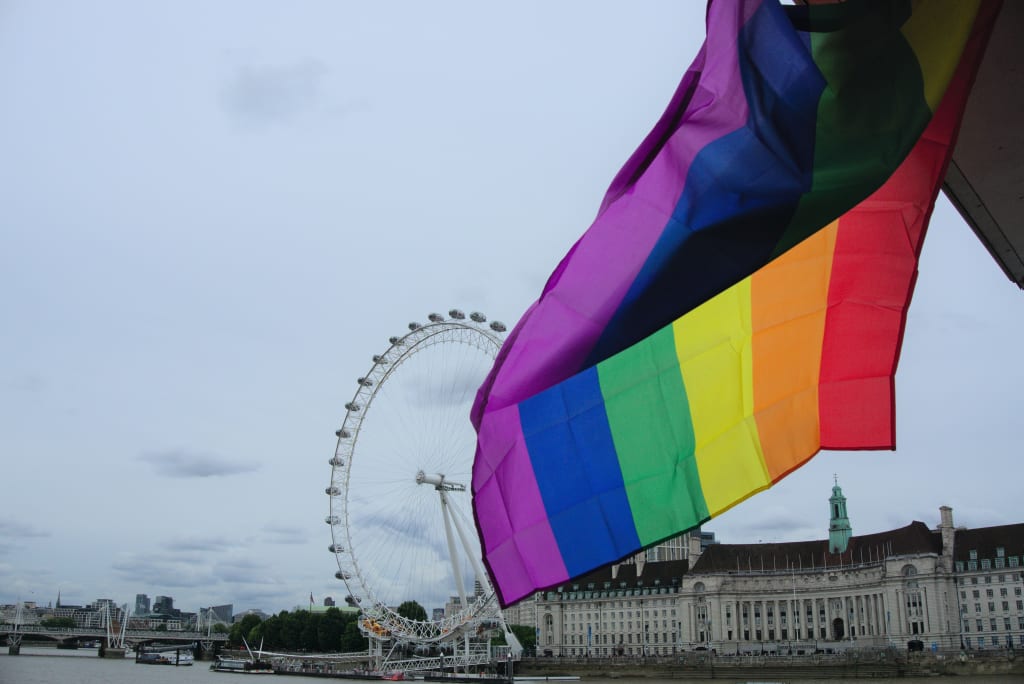Driving Change: Social Justice and Activism Movements Advocating for Equality, Racial Justice, Gender Rights, and LGBTQ+ Rights
This article explores the significance of social justice and activism movements advocating for equality, racial justice, gender rights, and LGBTQ+ rights, highlighting their impact in driving change towards a more inclusive and just society.

Introduction:
Social justice and activism movements have become powerful catalysts for change, amplifying voices and advocating for equality, racial justice, gender rights, and LGBTQ+ rights. This article explores the significance of these movements, their impact on society, and the ongoing fight for a more inclusive and just world.
Advocating for Equality:
The pursuit of equality lies at the heart of social justice movements. Advocates work tirelessly to challenge systemic discrimination and dismantle barriers that hinder equal opportunities for marginalized communities. Movements such as Black Lives Matter, focused on racial equality, and the disability rights movement strive to create a society where every individual is treated with dignity and respect, irrespective of their background.
Racial Justice:
The fight against racial injustice has gained significant momentum in recent years. Movements like Black Lives Matter have shed light on the deep-rooted racial disparities and systemic racism faced by Black communities. Protests and advocacy efforts have sparked conversations, demanded police reform, and called for an end to racial profiling and systemic discrimination.
Gender Rights:
Movements advocating for gender rights have played a pivotal role in challenging gender norms, promoting gender equality, and dismantling barriers faced by women, non-binary individuals, and transgender people. The feminist movement has fought for reproductive rights, pay equity, and an end to gender-based violence. The #MeToo movement, in particular, has sparked a global conversation on sexual harassment and assault, emphasizing the importance of consent and creating safer spaces for all.
LGBTQ+ Rights:
The LGBTQ+ rights movement has made significant strides in recent years, promoting acceptance, inclusivity, and legal protections for lesbian, gay, bisexual, transgender, and queer individuals. Activism has led to landmark victories, including the legalization of same-sex marriage in many countries and greater recognition of gender identity and expression. Pride parades and events celebrate diversity and provide platforms for advocacy and solidarity.
Intersectionality:
Recognizing the interconnectedness of social justice issues, the concept of intersectionality has emerged as a critical framework. Intersectionality acknowledges that individuals experience multiple forms of oppression based on their intersecting identities, such as race, gender, class, and sexuality. Movements increasingly embrace an intersectional approach, acknowledging the unique challenges faced by marginalized individuals and working towards solutions that address the complexities of their lived experiences.
The Power of Social Media:
Social media has transformed activism, providing a platform for marginalized voices to be heard and mobilizing communities on a global scale. Hashtags, online campaigns, and viral videos have amplified the reach of social justice movements, sparking conversations, raising awareness, and galvanizing support. Social media has also exposed injustices, enabling individuals to share their stories and hold perpetrators accountable.
Challenges and Resistance:
While social justice movements have made significant progress, challenges and resistance persist. Backlash, misinformation, and attempts to delegitimize these movements are common. It is crucial to address these obstacles and engage in constructive dialogue to bridge divides and foster understanding. Allies play a vital role in supporting and amplifying marginalized voices, creating a united front for change.
Education and Empathy:
Education and empathy are essential components of social justice movements. Educating oneself about different forms of oppression, historical contexts, and the experiences of marginalized communities fosters empathy and drives informed action. Educational institutions and curricula should prioritize teaching diversity, inclusion, and social justice to cultivate a more equitable and empathetic society.
The Power of Collective Action:
Social justice movements have demonstrated the power of collective action. Through protests, community organizing, and grassroots initiatives, individuals come together to effect change. Collaboration between movements, organizations, and individuals creates a strong, united front against injustice.
Conclusion:
Social justice and activism movements are at the forefront of challenging systemic inequalities and advocating for a more equitable world. These movements fight for racial justice, gender rights, LGBTQ+ rights, and equality for all. Their impact has been profound, reshaping public discourse, influencing policy changes, and fostering a more inclusive and empathetic society. It is through continued activism, education, and the power of collective action that we can drive meaningful change and build a more just and equitable future for everyone.





Comments
There are no comments for this story
Be the first to respond and start the conversation.